Good afternoon Hive community🧡, clean planet 💕, my dearest friends😇, everyone here, hope we all had a blessful Sunday service, all thanks to God for the life 💨 he has given each and every one of us🙌. We are going to look today at biochemical method of cleaning the environment.
Cleaning the environment through biochemical means involves utilizing natural processes and biological systems to eliminate pollutants and toxins from ecosystems. This method harnesses the abilities of microorganisms, plants, and biochemical reactions to degrade, detoxify, or contain pollutants, offering a sustainable alternative to conventional chemical-based approaches. By combining biotechnology, ecology, and environmental science, biochemical cleaning provides innovative solutions to combat pollution and restore ecological harmony.
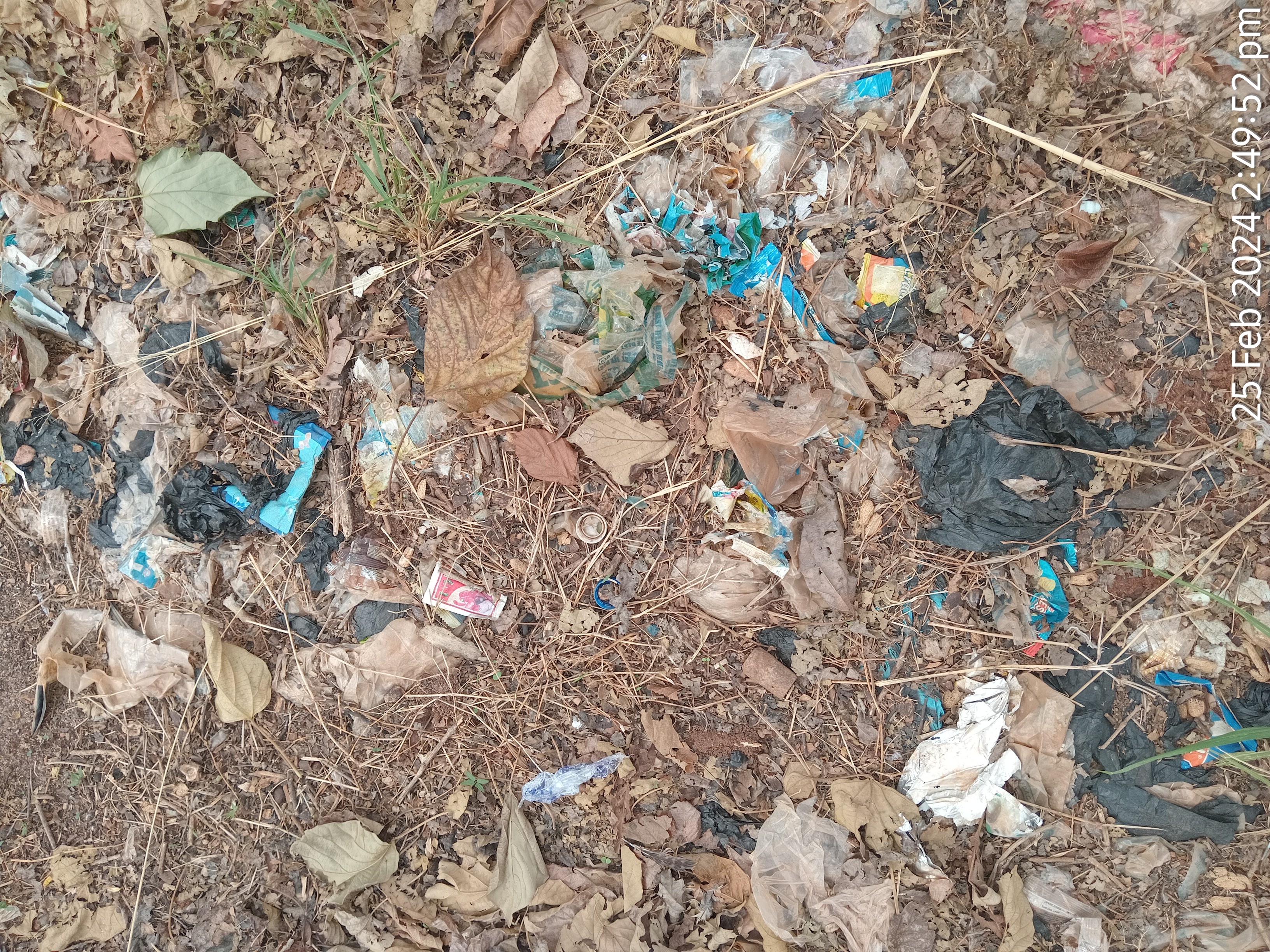
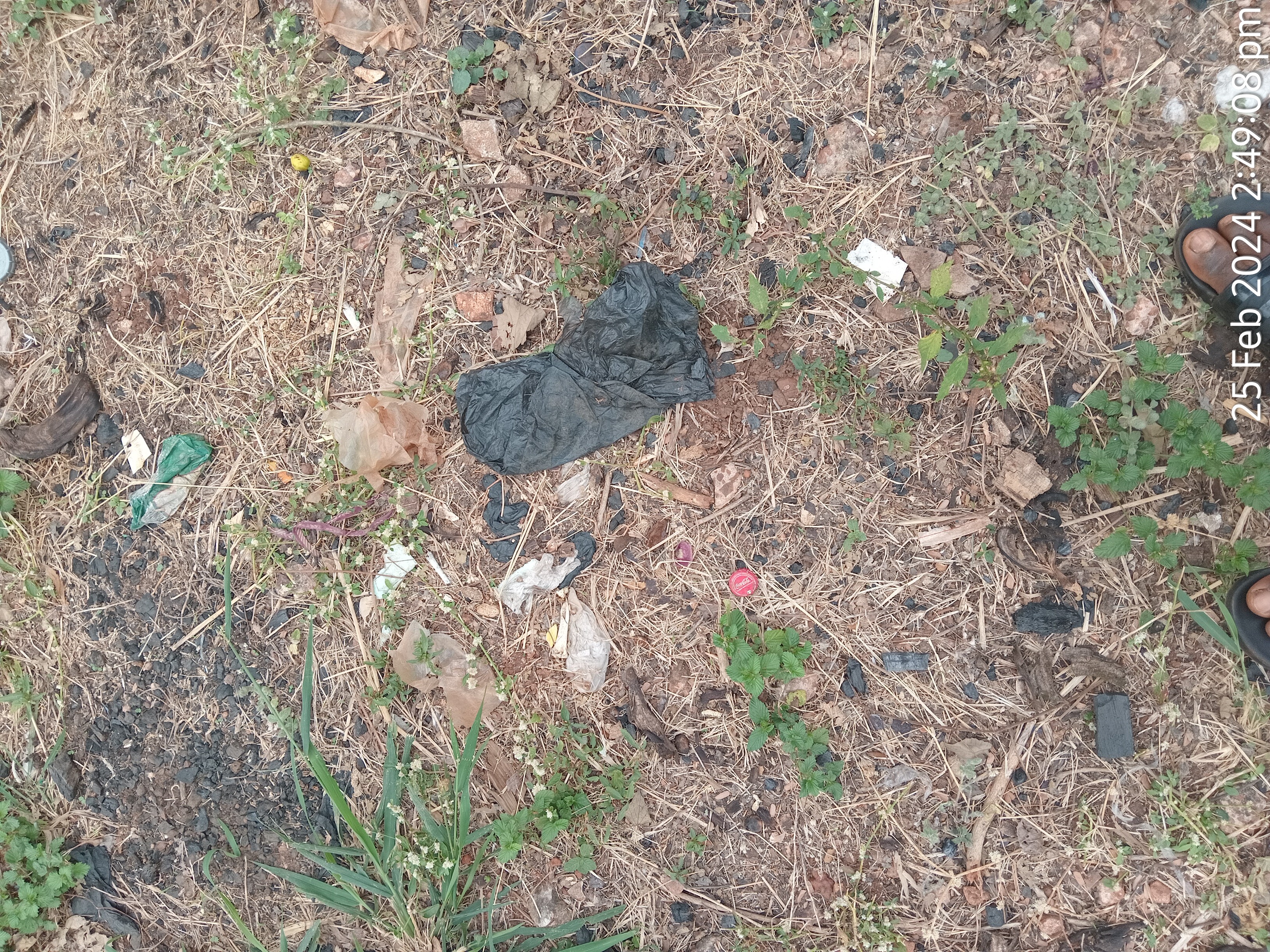
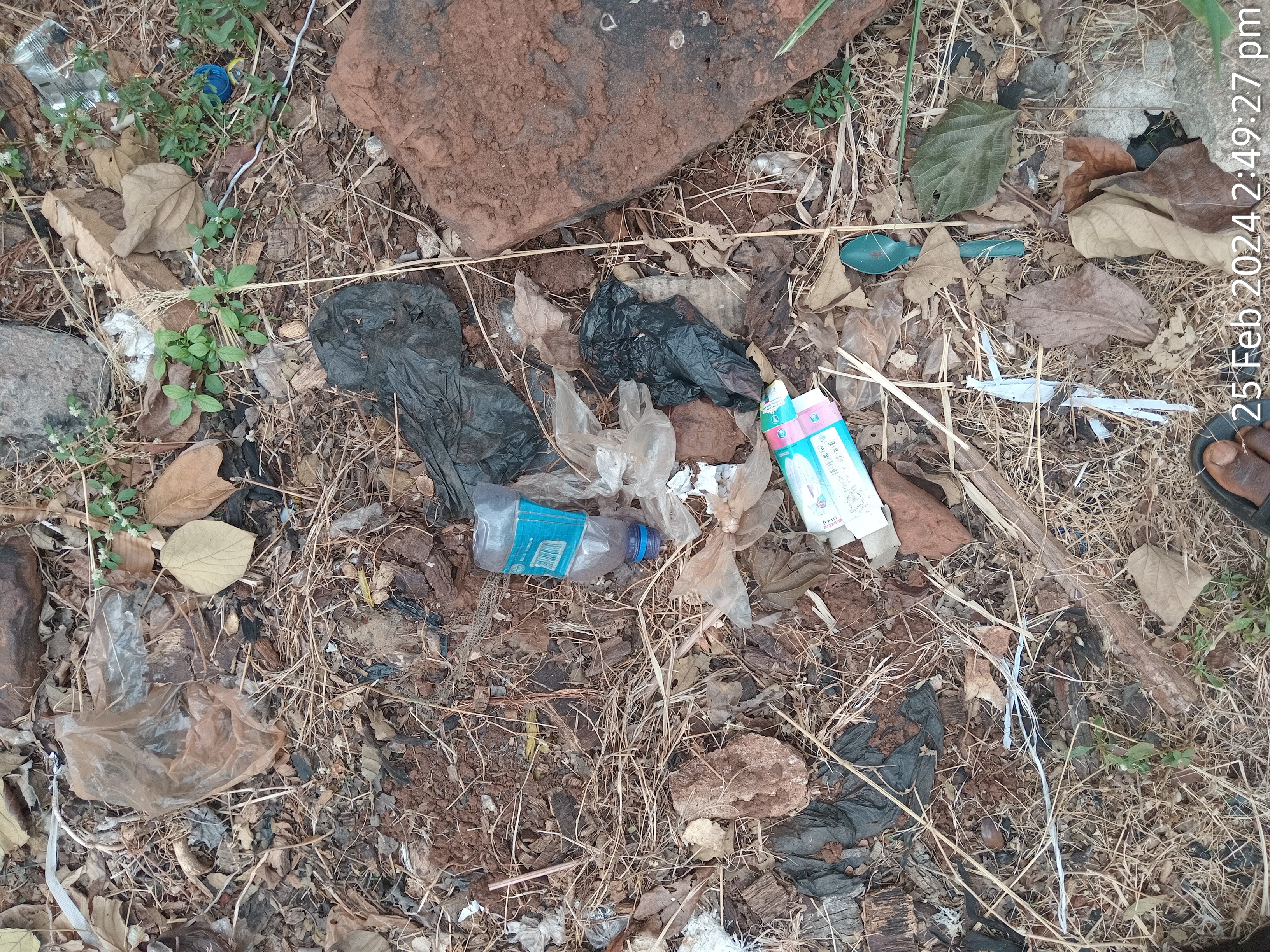
A primary strategy in biochemical cleaning is bioremediation, which employs microorganisms to break down pollutants into harmless substances. Bacteria, fungi, and algae possess enzymes that enable them to metabolize a wide array of contaminants, including hydrocarbons, heavy metals, pesticides, and industrial chemicals. For instance, certain bacterial strains like Pseudomonas and Bacillus species are known for their ability to degrade petroleum hydrocarbons found in oil spills.
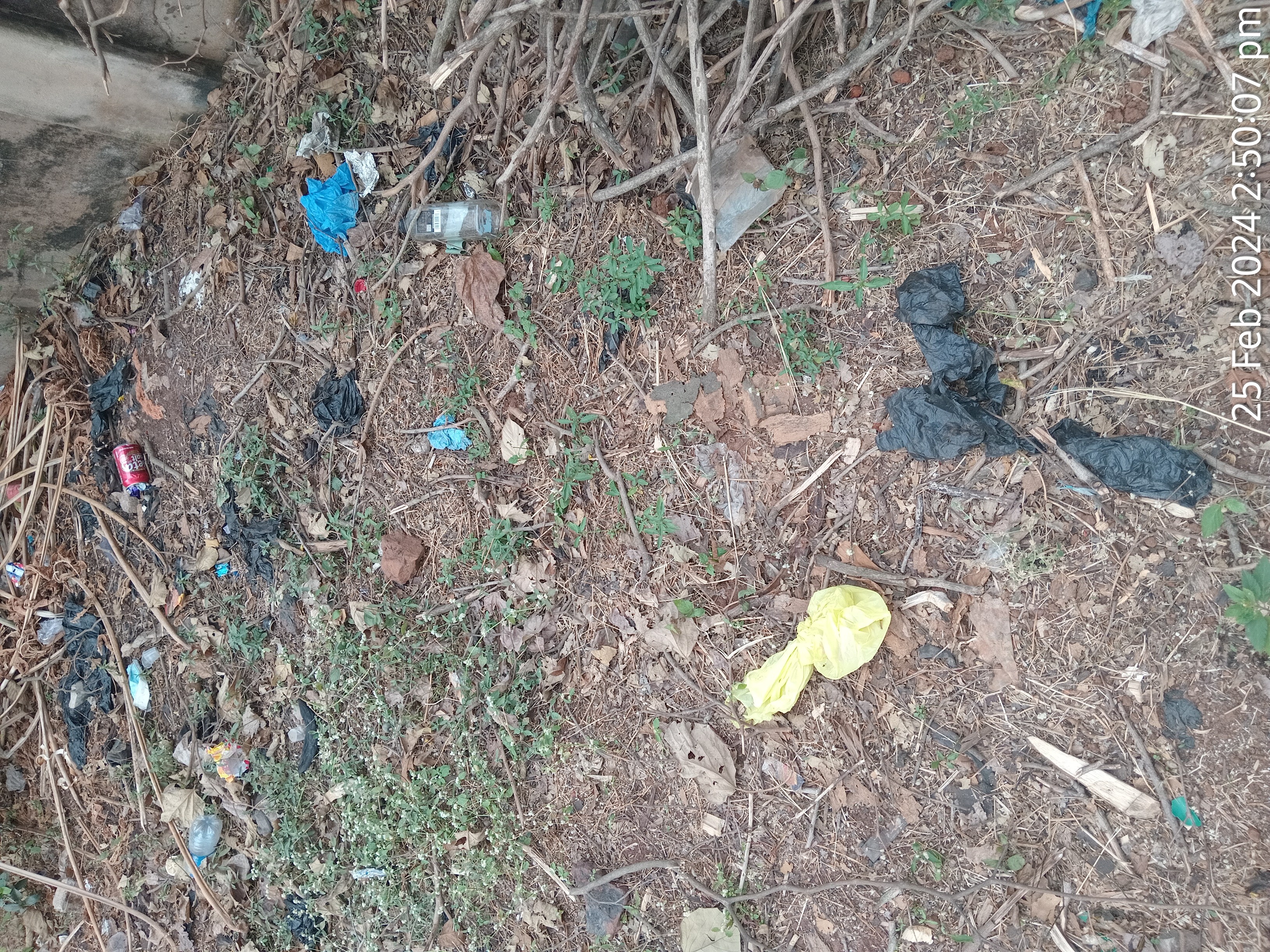
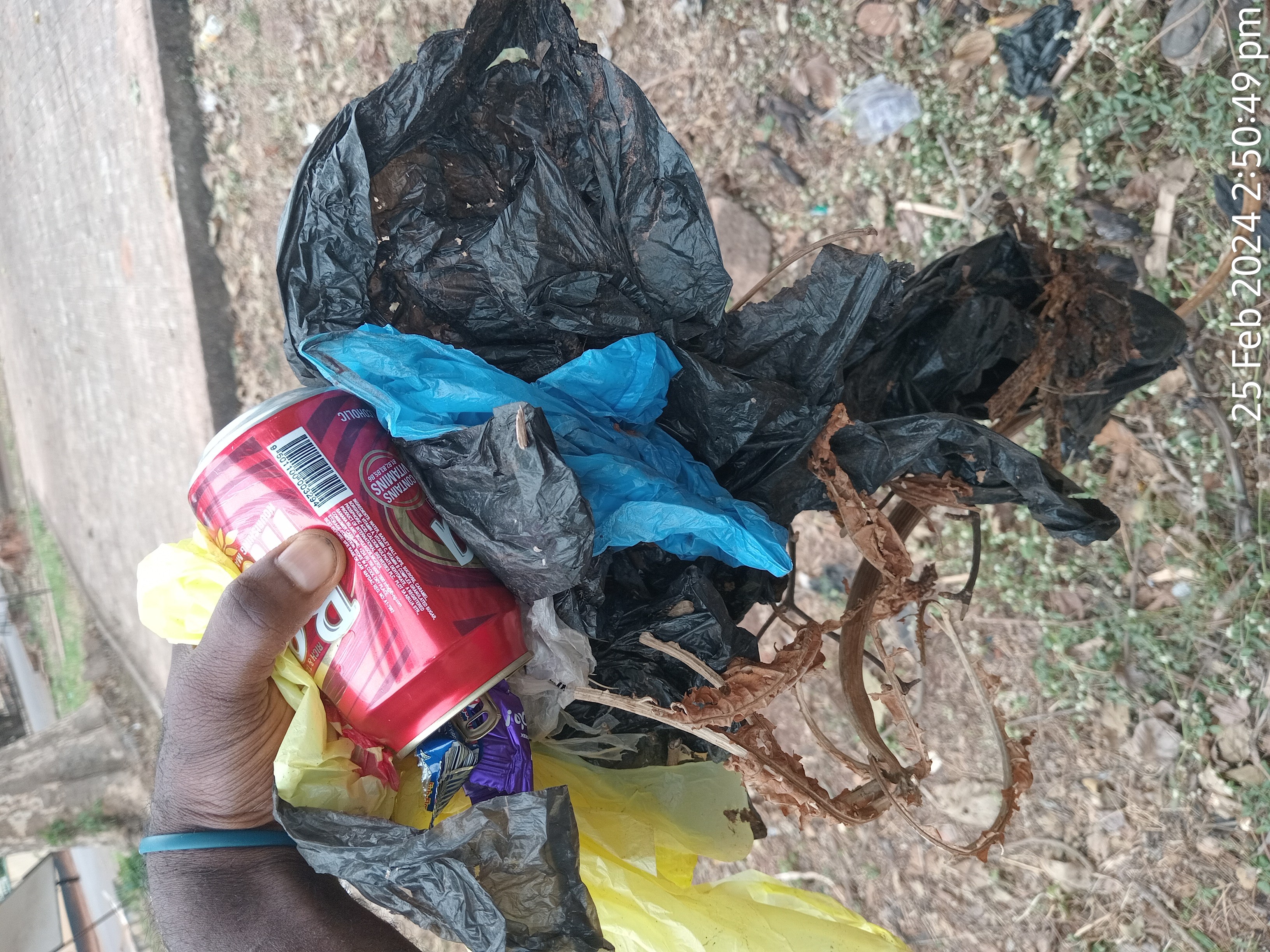
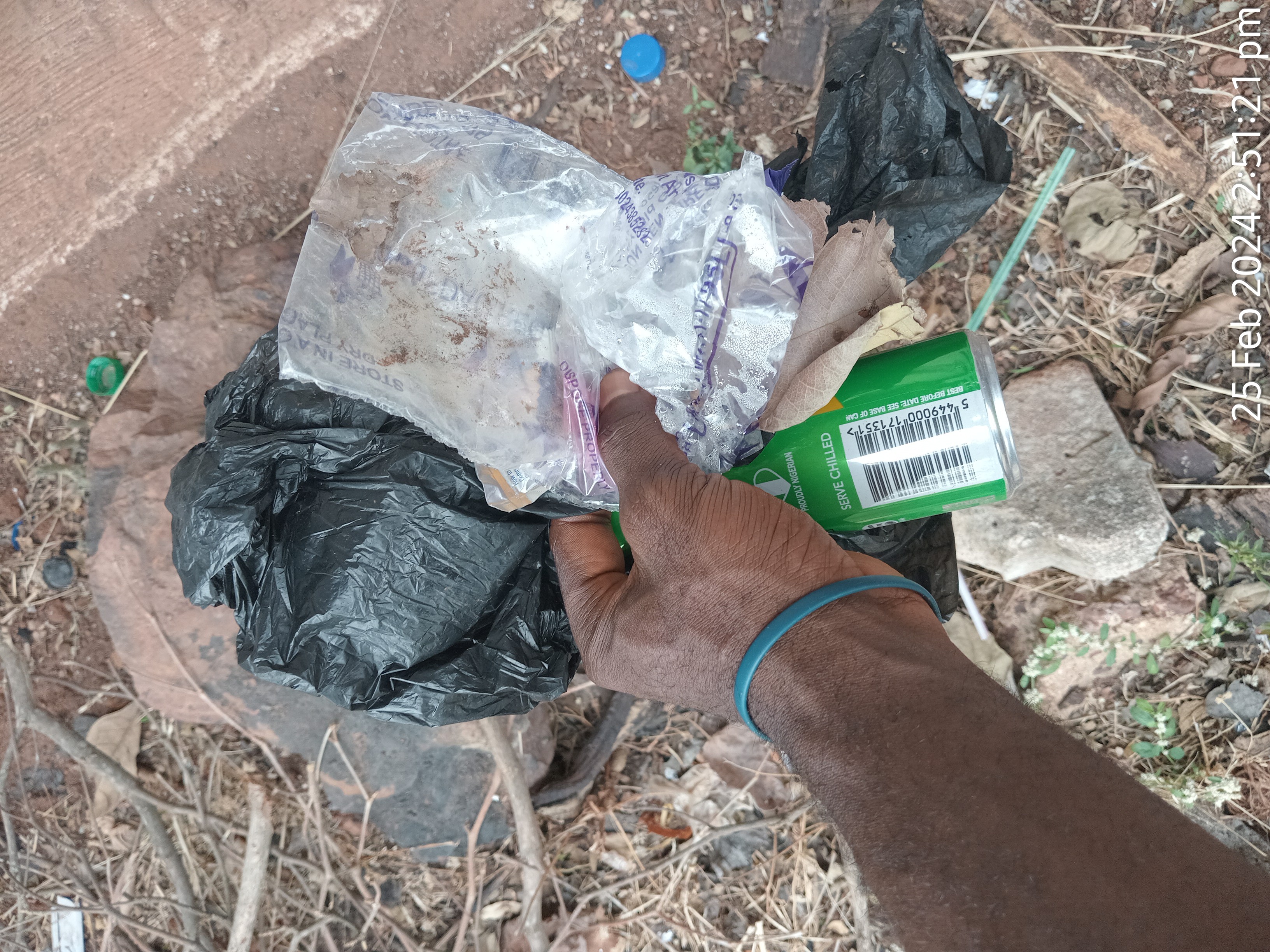
Phytoremediation is another biochemical method that utilizes plants to absorb, break down, or stabilize contaminants in soil, water, or air. Plants absorb pollutants through their roots and either store them in their tissues or transform them into less harmful compounds through metabolic processes. Plants like sunflowers, willows, and poplars are commonly used in phytoremediation due to their capacity to accumulate heavy metals and organic pollutants.
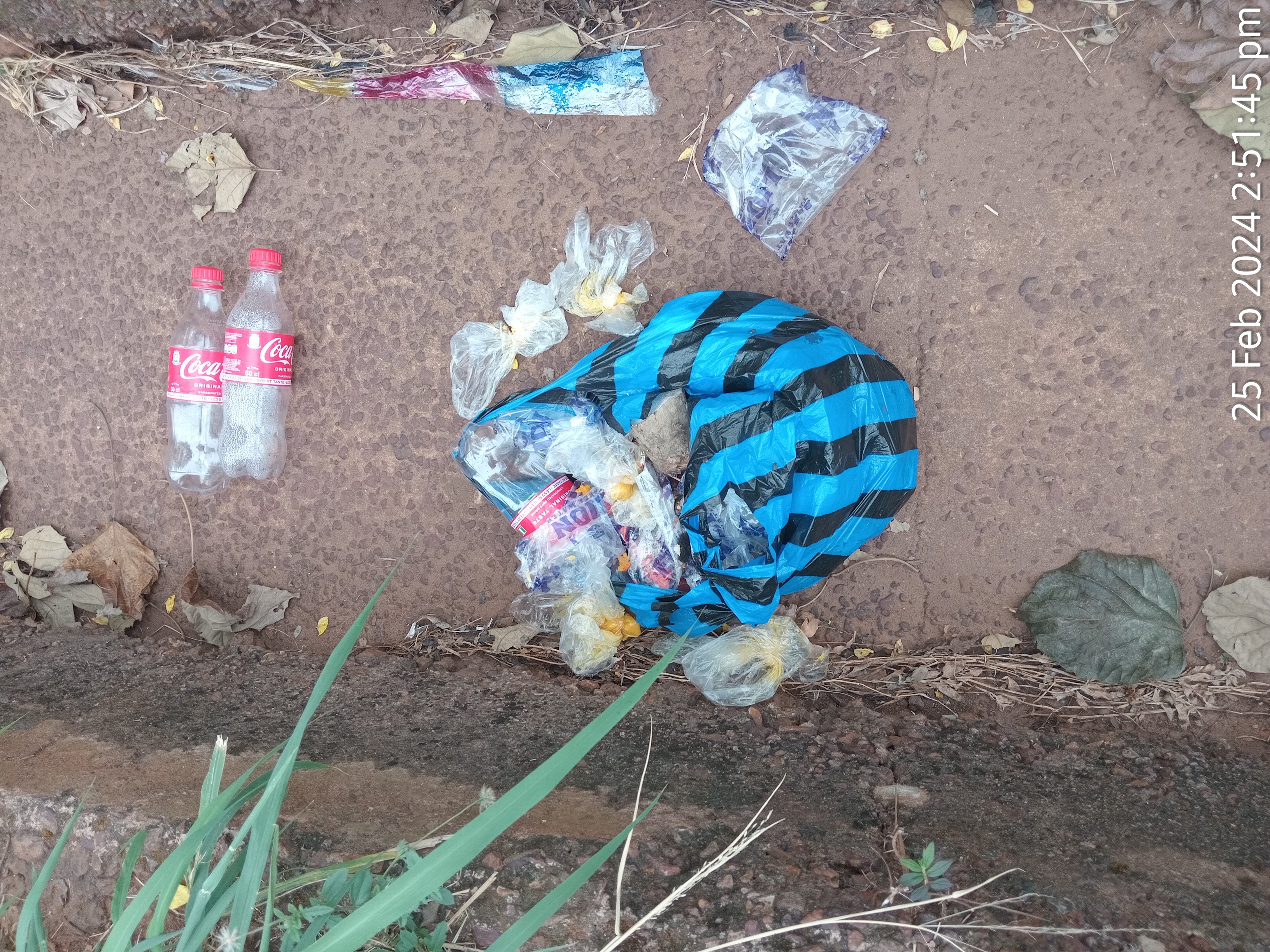
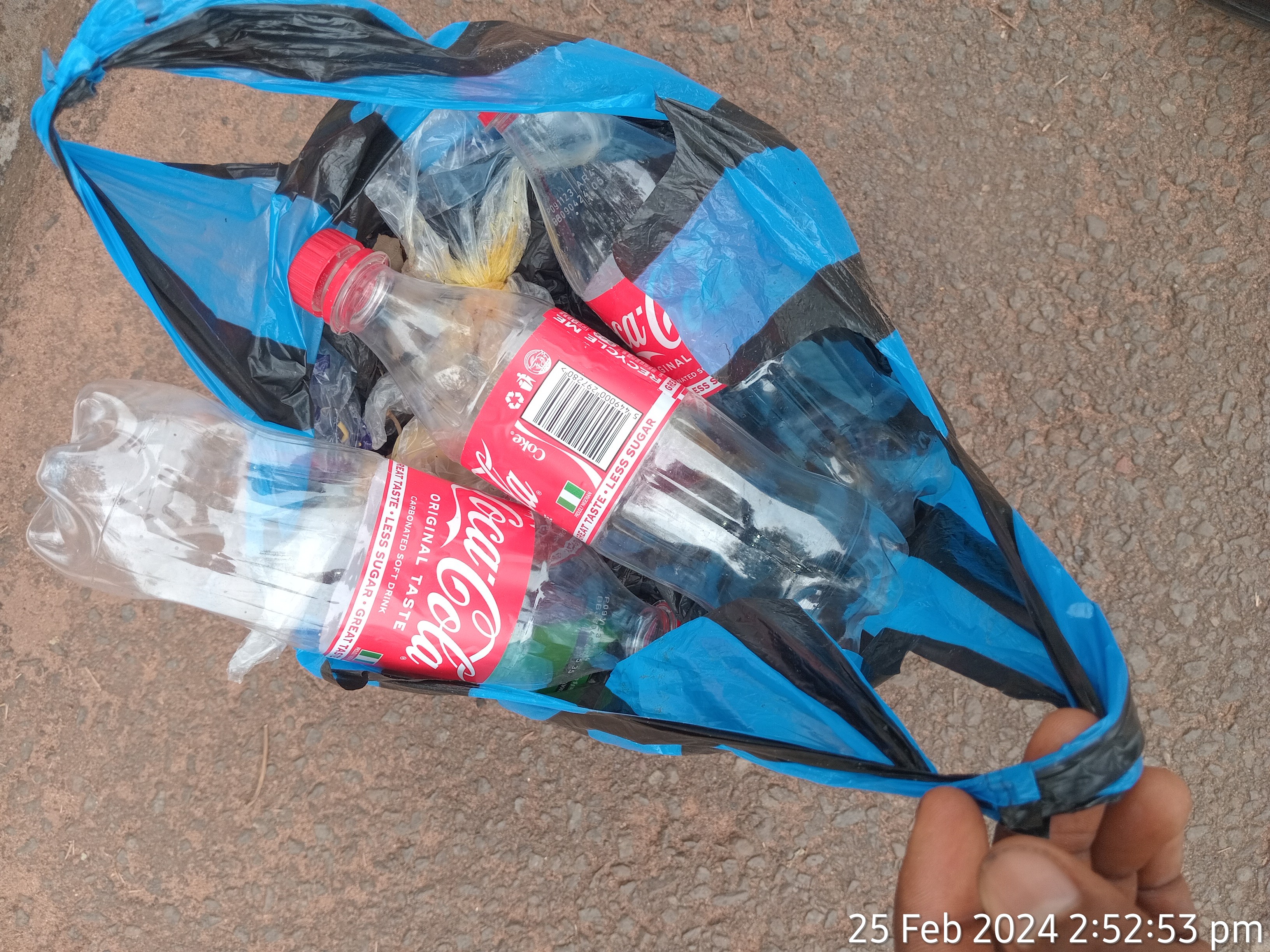

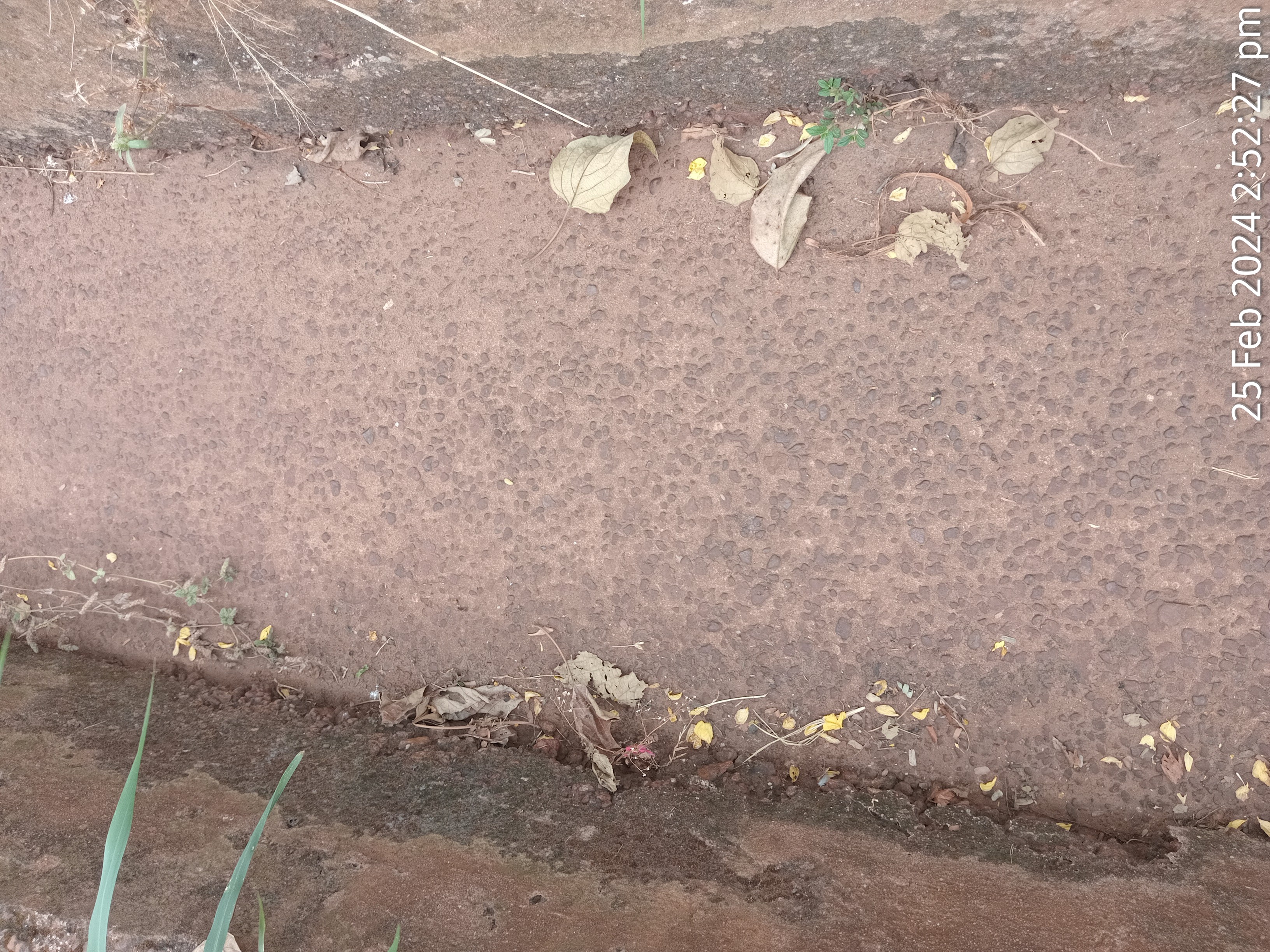
Additionally, biochemical processes such as composting and anaerobic digestion play critical roles in recycling organic waste and reducing landfill pollution. Composting involves the decomposition of organic matter by microorganisms into nutrient-rich compost, which can be used to improve soil quality. Anaerobic digestion utilizes bacteria to break down organic waste, producing biogas for renewable energy and digestate for fertilizer.
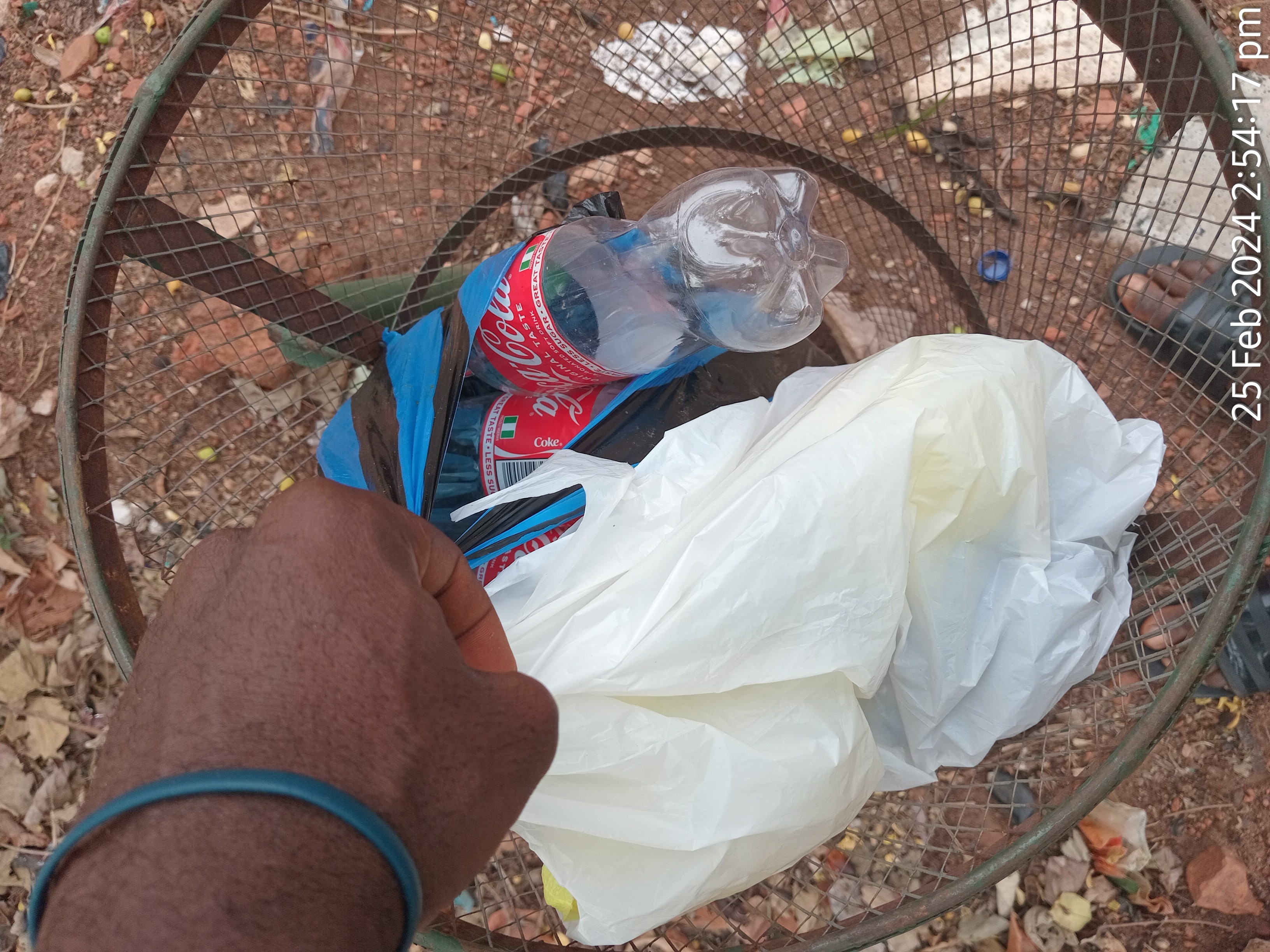
 The effectiveness of biochemical cleaning methods depends on various factors such as environmental conditions, microbial diversity, substrate availability, and the nature of pollutants. Proper monitoring, optimization, and integration of these approaches with other remediation techniques are essential for achieving sustainable environmental restoration.
The effectiveness of biochemical cleaning methods depends on various factors such as environmental conditions, microbial diversity, substrate availability, and the nature of pollutants. Proper monitoring, optimization, and integration of these approaches with other remediation techniques are essential for achieving sustainable environmental restoration.
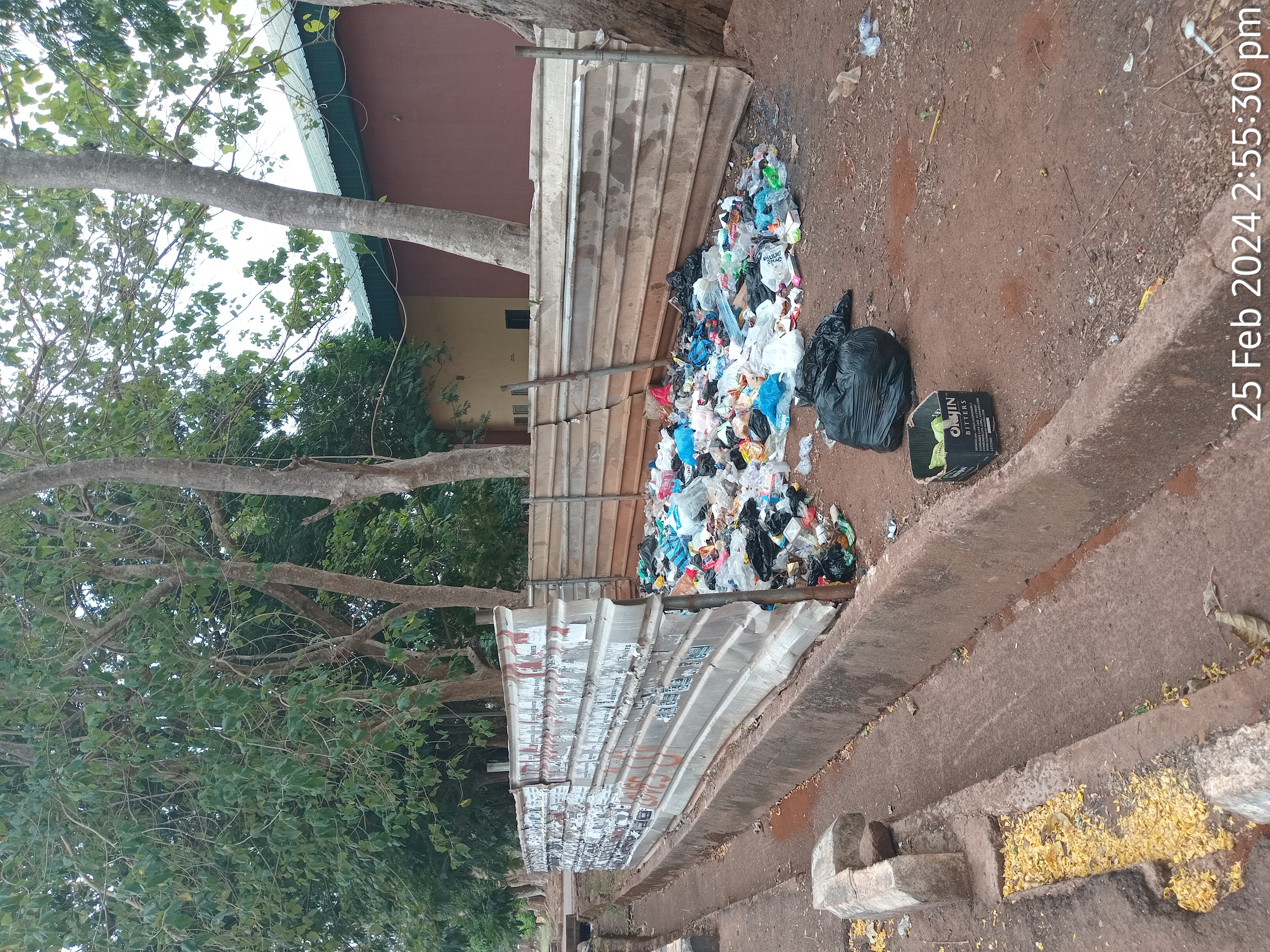
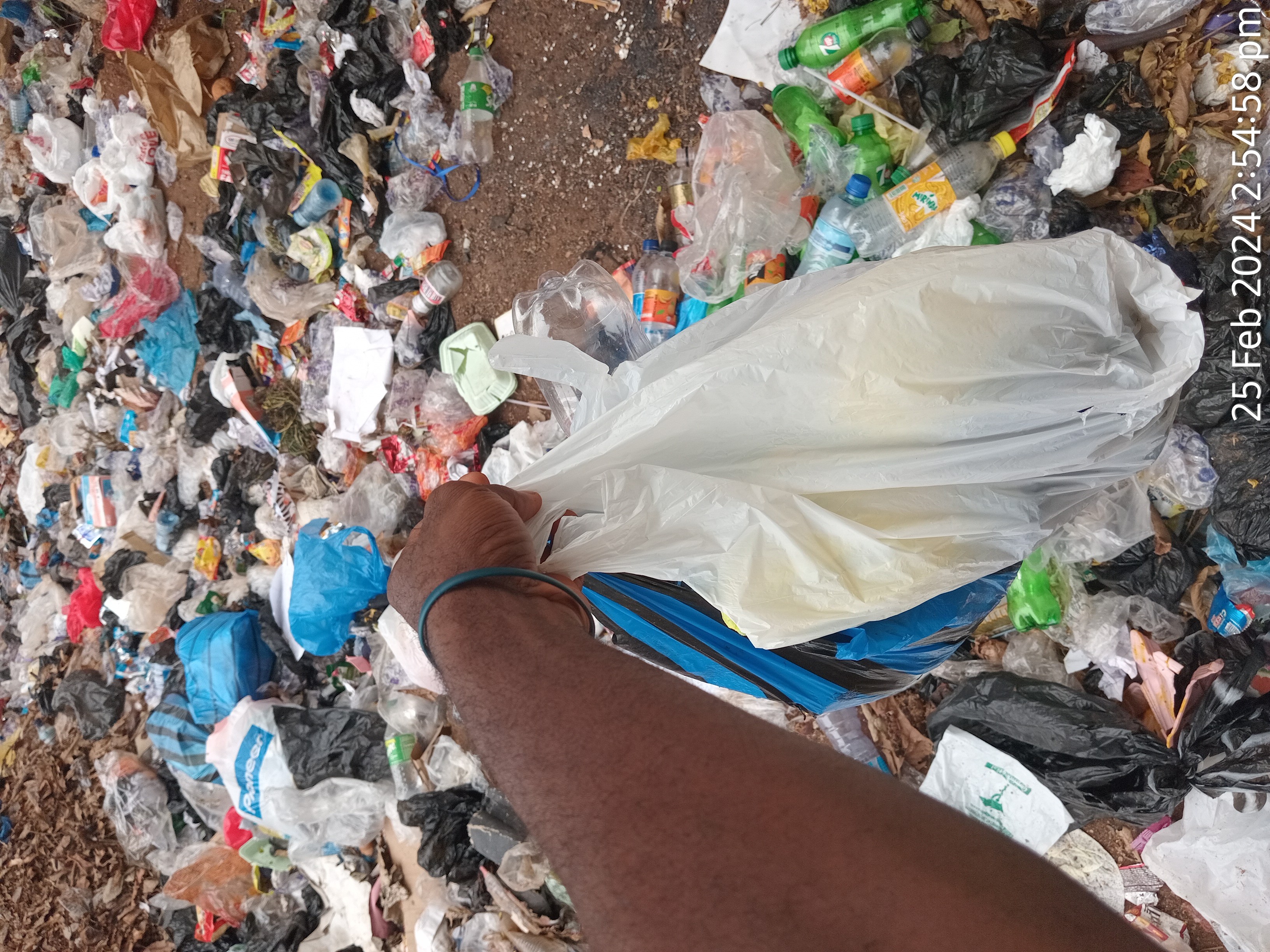

In summary, cleaning the environment biochemically offers a promising approach to addressing pollution challenges while fostering ecological resilience and sustainability. By harnessing the inherent biological processes of nature, we can work towards a cleaner, healthier planet for current and future generations.
@cleanplanet
@solarisfuture
@cleanyourcity
Simple actions like properly disposing of waste, recycling, and reducing the use of single-use plastics can make a huge difference.
Because most of the disposed wastes can be reused.
Hello
There is reasonable evidence that this article is machine-generated.
We would appreciate it if you could avoid publishing AI-generated content (full or partial texts, art, etc.).
Thank you.
Guide: AI-Generated Content = Not Original Content
If you believe this comment is in error, please contact us in #appeals in Discord.